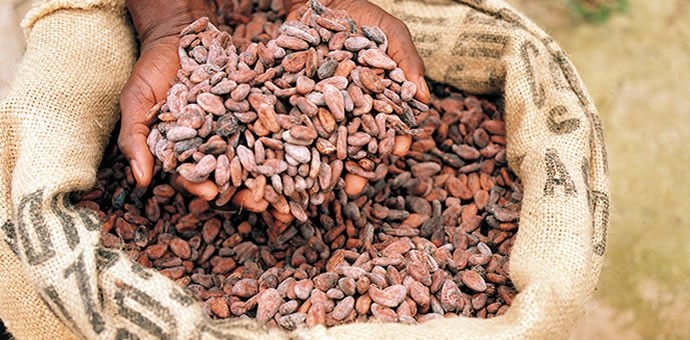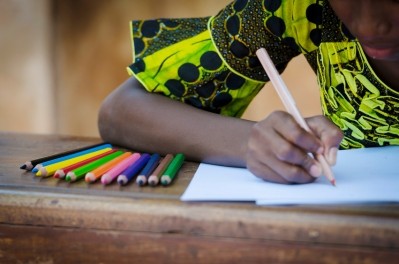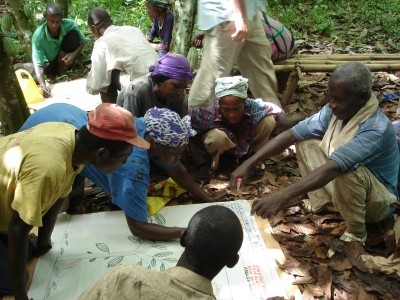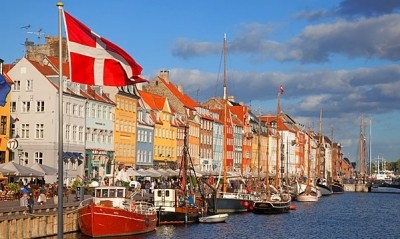Joining the cocoa dots: 12 confectionery titans join CocoaAction strategy

Mars, Mondelēz, Barry Callebaut, Cargill, Nestlé, ADM, Hershey, Ecom, Ferrero, Olam, Armajaro and Blommer all signed up for the joint agreement with the Ghanaian government late last month.
Bill Guyton, president of the World Cocoa Foundation (WCF), told ConfectioneryNews that CocoaAction would not just be another initiative adding to the storm of sustainability plans, initiatives and promises from the companies themselves. Instead, he said this would be a platform that “joined the dots” of the existing to “align and leverage”.
He said evaluations had shown strengths and weaknesses in each of the company’s programmes, and in this respect CocoaAction would serve as a means of cross pollination in communicating and swapping ideas amongst them.
The strategy aims to engage at least 200,000 farms in Côte d’Ivoire and 100,000 in Ghana as well as their communities by 2020, looking to “at least double yields” on these farms. Guyton said the WCF had begun with its board members, however it would be extending the opportunity to others within its membership. Other members of the organization include Lotte, Cemoi, Lindt and Duyvis Weiner. “There are 116 companies – so it’s not everybody,” he said.
What’s the difference?
He said it was important to note that CocoaAction was not a programme, but rather a “platform”. He said one of the main differences between this strategy and existing initiatives was the integration of productivity concerns and social issues, he said currently there was a “fragmented” approach to this. He admitted that finding an adequate measurement for social issues like child labor, gender parity and education would be much harder than measuring productivity. “We’re developing a list of performance indicators,” he said. “But this is still being finalized.”
Commenting on the strategy, Mondelēz said:“The company has consistently advocated that a more holistic approach is needed to transform the cocoa supply chain - one that combines better agricultural practices and community empowerment, including a focus on women and young people.”
Moving forward
Guyton said after 20 years of working in cocoa, he saw this as a huge step for the sector. “I’m excited about it. We’re getting everyone under one framework.”
He said whilst there were already a lot of “complimentary” factors between the different companies, he hoped CocoaAction would ultimately lead to something “more robust”.
Mondelēz said CocoaAction was an opportunity to “voluntarily coordinate and align their sustainability efforts, boost their impact and contribute to building a rejuvenated and economically viable cocoa sector”.
Meanwhile Mars said the strategy represented a “monumental collaboration between public and private stakeholders”.
As the world’s top two cocoa-producing countries, the platform will focus initially on Côte d’Ivoire and Ghana - both governments of which have given their formal endorsement. Together the countries provide about 55% of the world’s current cocoa supply. However, moving forward Guyton said other regions like Indonesia would certainly be included, preliminary talks having already been held at a recent industry conference in the region. He said other African countries like Nigeria and Cameroon were also being considered.




















